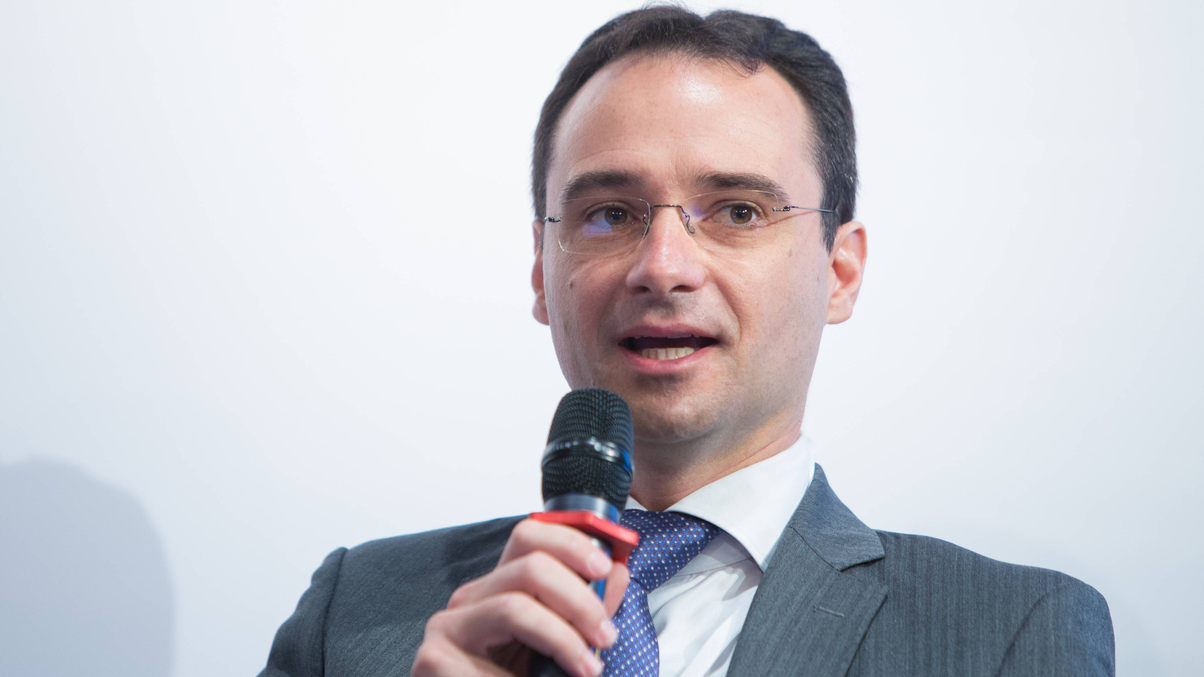UBS WM, AA Advisors seeking new managers
The Swiss private bank and ABN Amro subsidiary are both adding fund houses to their platforms, but following different approaches for doing so.

Bucking a trend for private banks to reduce the number of fund management firms they use, AA Advisors and UBS Wealth Management are adding to their platforms.
Sign In to Your Account
Access Exclusive AsianInvestor Content!
Please sign in to your subscription to unlock full access to our premium AI resources.
Free Registration & 7-Day Trial
Register now to enjoy a 7-day free trial—no registration fees required. Click the link to get started.
Note: This free trial is a one-time offer.
¬ Haymarket Media Limited. All rights reserved.

